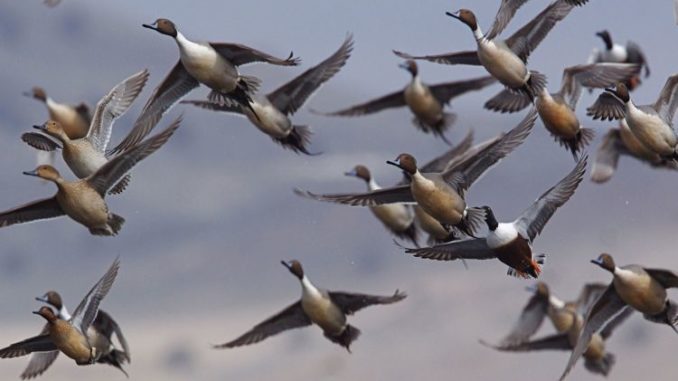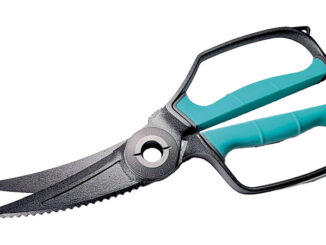
Lack of access to good hunting grounds key, researcher says
Despite booming waterfowl populations in recent years, the number of duck hunters nationwide — and in Louisiana — has been in a steady decline, according to an online report.
Nola.com reported on a study conducted by Delta Waterfowl, which found only 998,600 hunters pursued ducks in the United States in 2015 — fewer than half of the 2 million who did so in 1970.
The findings, which were published in Delta’s quarterly magazine in a story titled, ‘Looming Crisis: Falling waterfowl hunter numbers threaten the future of hunting and conservation,’ reports the decline began in the mid-1990s and has dipped almost every year since.
In Louisiana, the 1989-90 season was the first one when hunters were required to purchase a state duck stamp. That year, without great compliance, the state sold only 64,000 resident duck stamps.
By the 1999-2000 season, however, 103,000 residents purchased duck stamps in Louisiana to participate in a season with about 45 million ducks on the continent.
But interest wouldn’t stay that high for long: Louisiana resident duck stamp sales began a steady decline the next year, and have never come close to that 1999-2000 level. By 2016, in fact, only 59,800 residents bought a state duck stamp.
Lifetime-license sales do play a part in that number, when a hunter pays a chunk of cash and never again has to buy a basic hunting, big-game hunting, muzzleloader, bowhunting or turkey license or WMA hunting permit or duck stamp. By 2013, the most recent year when data is available, 74,000 hunters had purchased lifetime licenses.
In the study, LSU researcher Luke Laborde said a survey he conducted indicates hunters are abandoning the sport because they don’t have access to good hunting grounds. Laborde sent a survey to hunters in 13 states in the Mississippi Flyway, and 1,500 responded, telling the researcher how they made their decisions on whether to hunt in a particular season.
“My key research conclusions include that access to uncrowded areas and private lands promotes long-term participation in waterfowl hunting,” Laborde told Delta Waterfowl.
And since adult hunters don’t have access to productive hunting, their kids don’t go on hunting trips, which leads to recruitment issues, according to John Devney, vice president of U.S. policy for Delta Waterfowl.
“If we want waterfowl hunter numbers to grow or remain stable, we need recruitment to keep pace with the losses,” he said. “To recruit new hunters, we need to foster a social structure and peer support that allows a kid to stay in the game.
“We tell folks to support conservation — to replace the ducks they shoot every year. We should also be telling them that you must replace yourself as a duck hunter. That’s as big a part of the job as buying a federal duck stamp.”
Devney is particularly concerned because hunters are in decline despite fantastic duck numbers. For more than 20 years, hunters have enjoyed more liberal season lengths and bag limits, so a generation of hunters has no idea what it’s like to hunt when regulations are more restrictive.
“And we’re still losing hunters,” Devney said. “What happens when the prairies dry out and we have shorter duck seasons? It scares me to death. Mallards are doing well, but duck hunters are doing terribly.”


